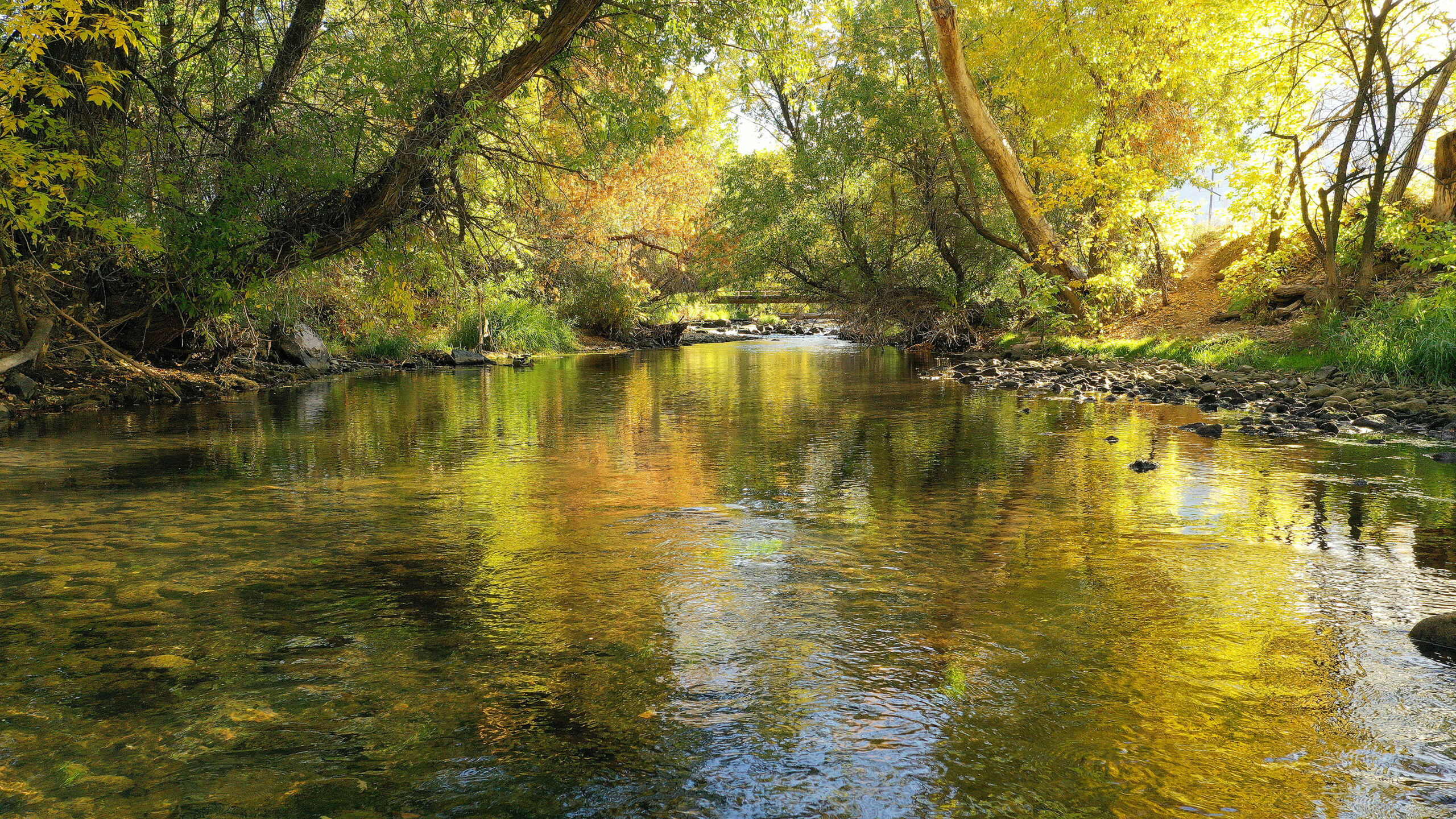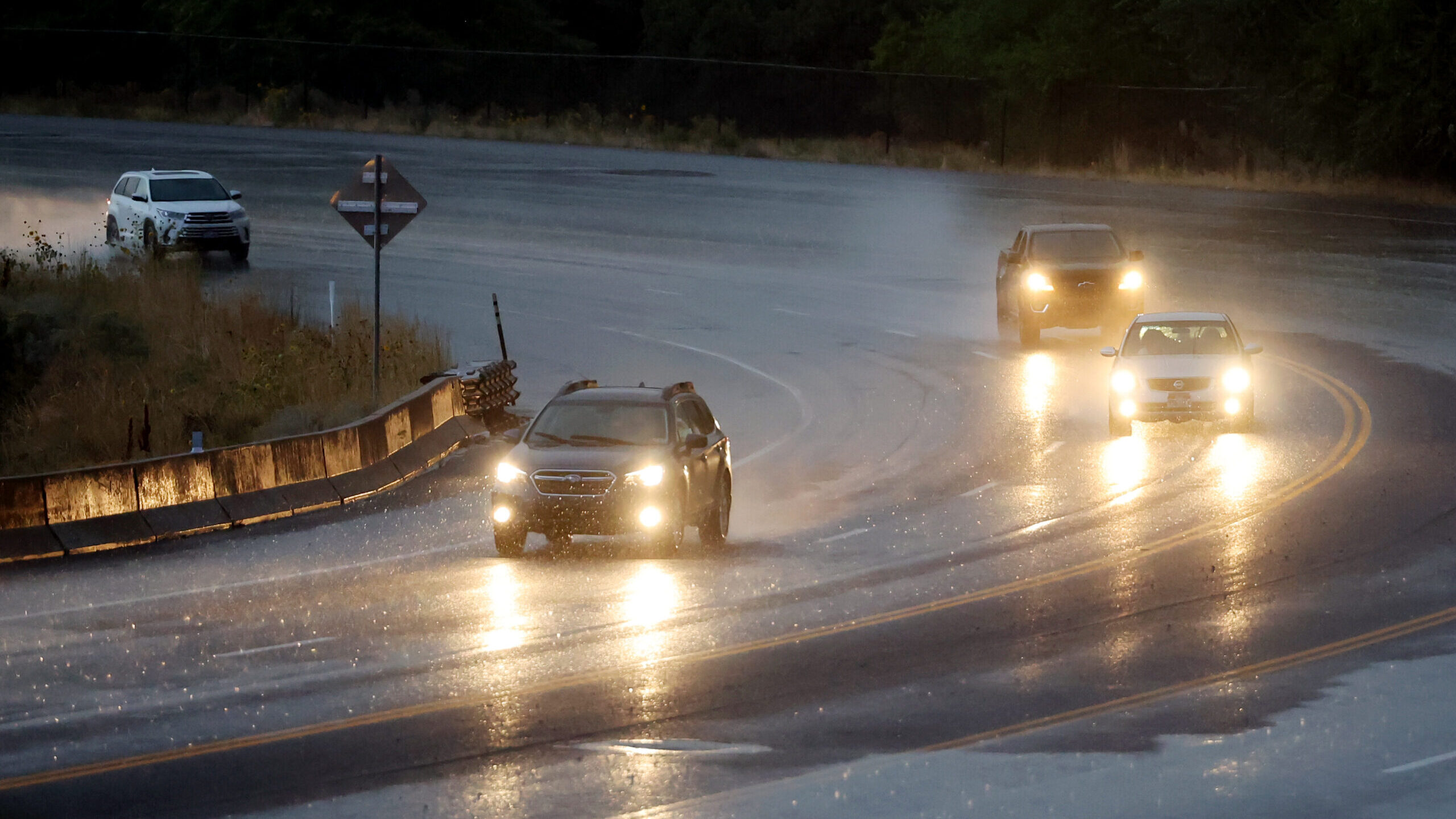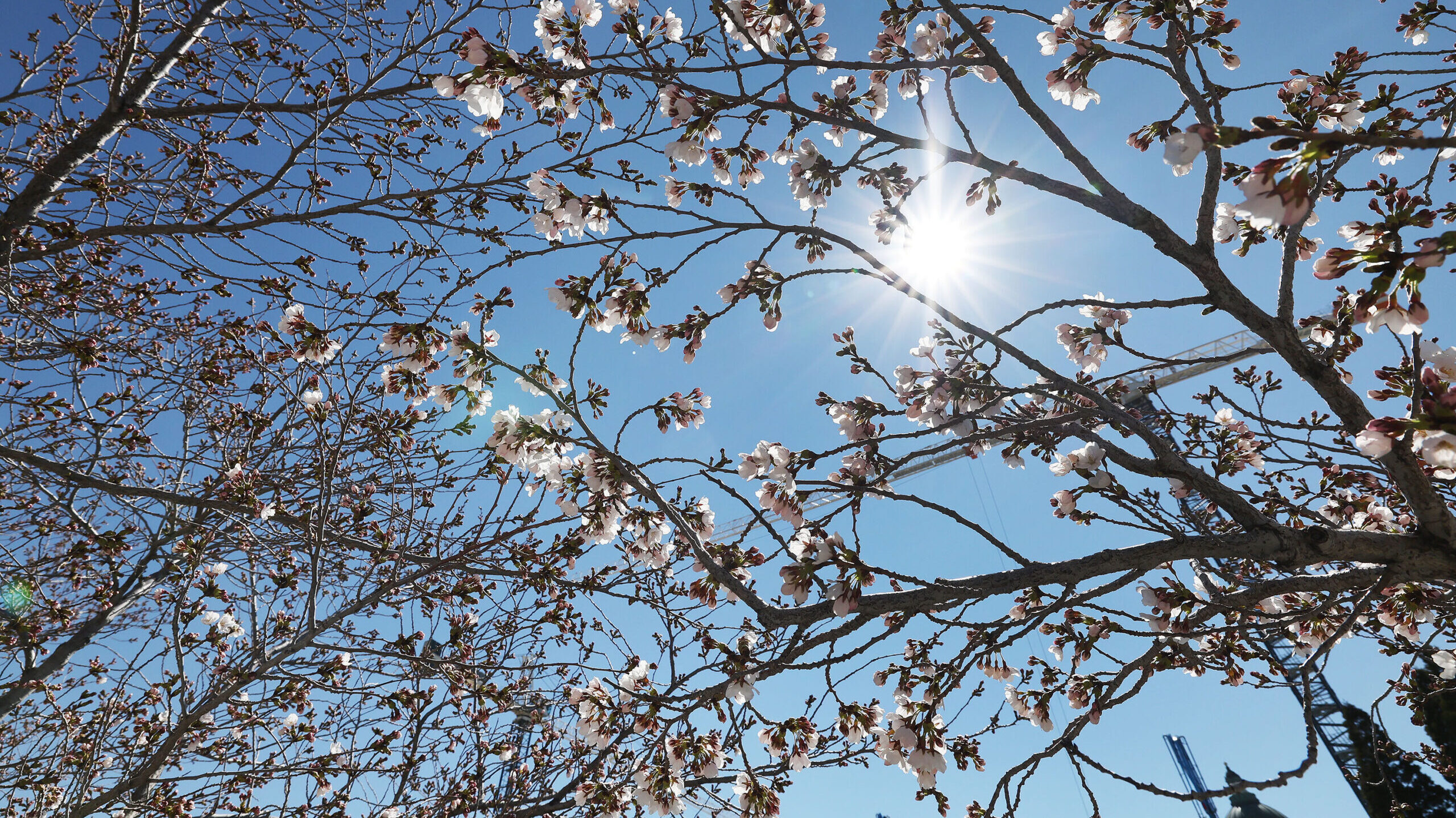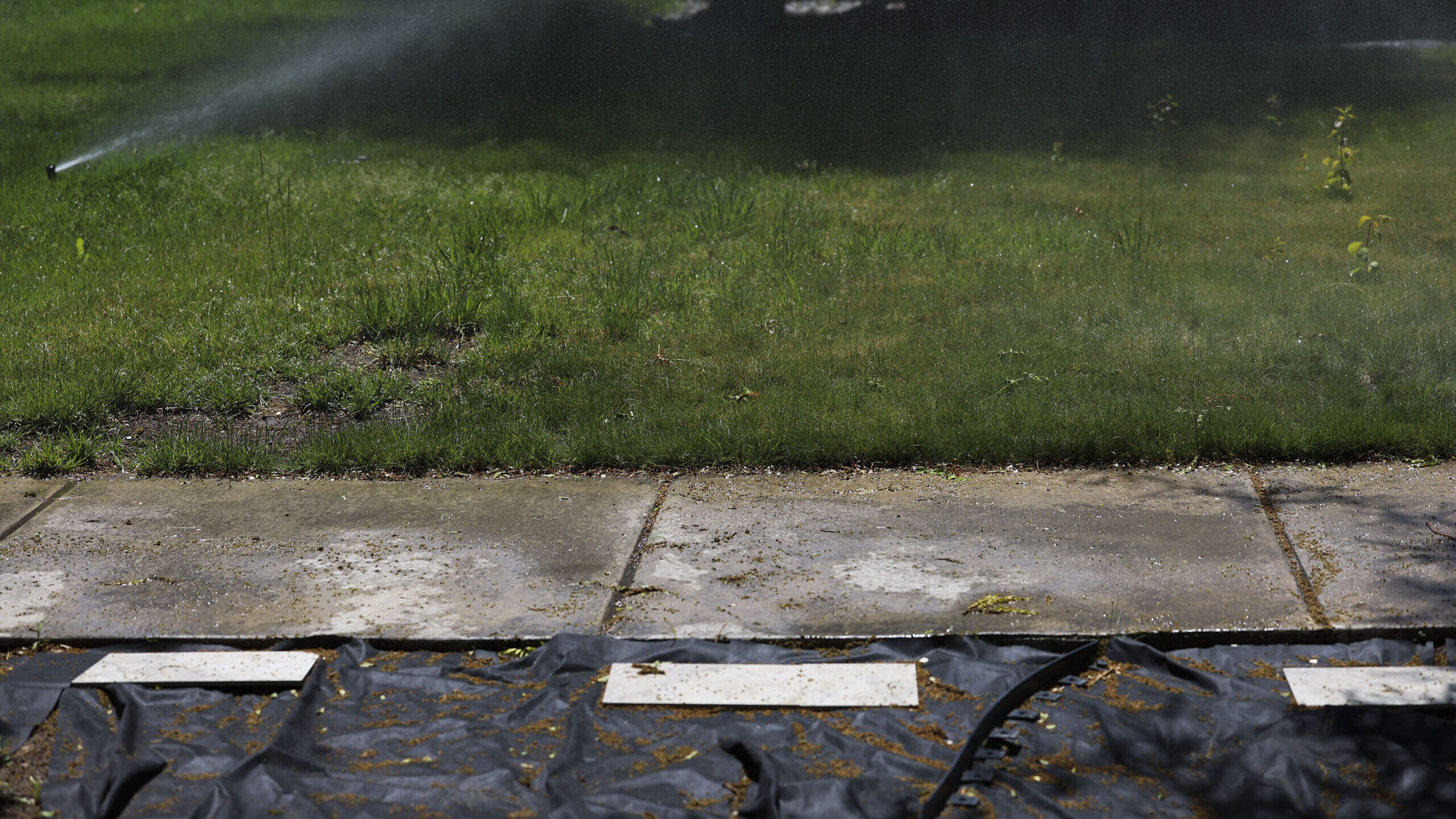How to prevent frozen pipes, indoors and outdoors
Jan 16, 2024, 11:50 AM | Updated: 12:04 pm
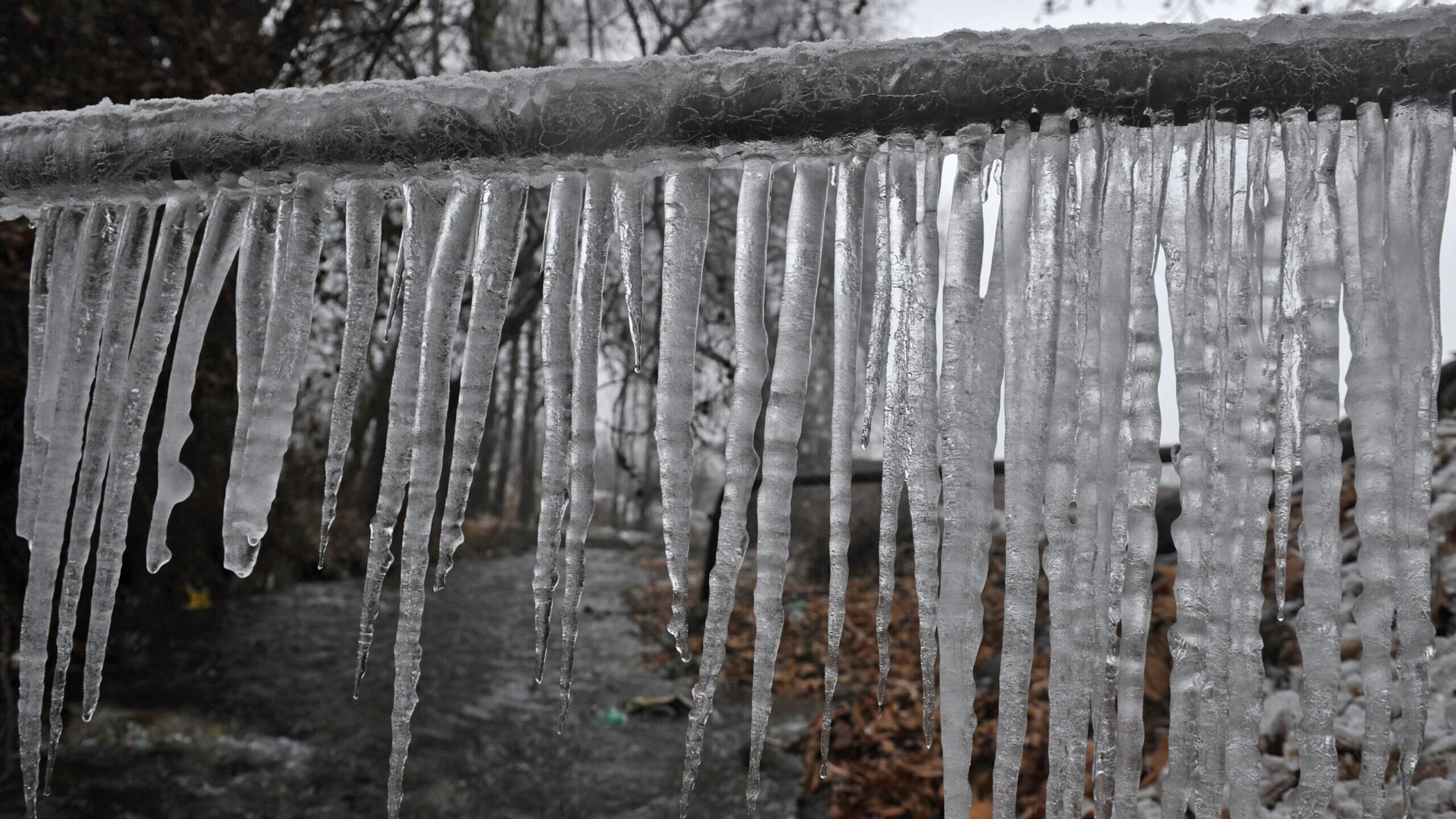
FILE: Icicles hang from a drinking water pipe at Shopian some 65kms south of Srinagar on January 5, 2012. (Tauseef Mustafa/Getty Images)
(Tauseef Mustafa/Getty Images)
SALT LAKE CITY — It’s been so cold that Utah plumbers are expecting calls from customers who have frozen pipes. Here’s what you can do to try and prevent that problem.
Keep pipes inside from freezing when it’s so cold
Duane Nielsen, plumbing manager at Any Hour Services, suggests opening up a faucet on a fixture such as a sink or a bathtub, which you don’t use as often as other fixtures. Then let it drip, drip, drip but not drizzle.
“That will help keep water flowing through the pipes and keep them from freezing,” he said. “It can be either a hot or a cold faucet but we like to do it on one that you don’t use very often.”
If you have a sink on an outside wall, open the cabinets below the sink to allow the warmth from the home to enter the cabinet and prevent the pipes from freezing.
“Almost every one of our kitchen sinks in Utah is on an outside wall,” Nielsen said.
Nielsen added that turning up the furnace in the basement is also a good way to keep pipes from freezing when outside temperatures are subzero or close to it.
Pipes outside the home
Outside pipes also need some attention when it gets cold.
“Most of them that we have on our homes are called frost-free faucets. And as long as you’ve disconnected all your hoses, which we all ought to do in late October, November. Disconnect your hose and the water drains out. They will be fine,” Nielsen said.
If you have copper pipes, take particular care.
“Copper are the ones that are the most prone to freezing and bursting,” Nielsen said.
Although copper pipes can last 40 to 60 years, in areas where the ground is known to freeze, copper piping will easily crack the moment the pipe freezes. Also, copper piping fittings are glued, which could potentially involve glue getting into the piping, and, the water system.
“Most of the homes we’re doing since the middle ’90s for sure are what’s called PEX piping,” Nielsen said, “it’s a plastic piping that’s flexible, and it actually will expand and then contract back to its normal size. It’s a lot more forgiving … but also a lot harder to find where the frozen part is and thaw it out.”
Keep reading:
- 2024 legislative session kicks off in Utah
- Utah’s snowpack catches up following week of storms
- No joke: Feds are banning humorous electronic messages on highways
————
Dave & Dujanovic can be heard weekdays from 9 a.m. to noon. on KSL NewsRadio. Users can find the show on the KSL NewsRadio website and app, as well as Apple Podcasts and Google Play.



